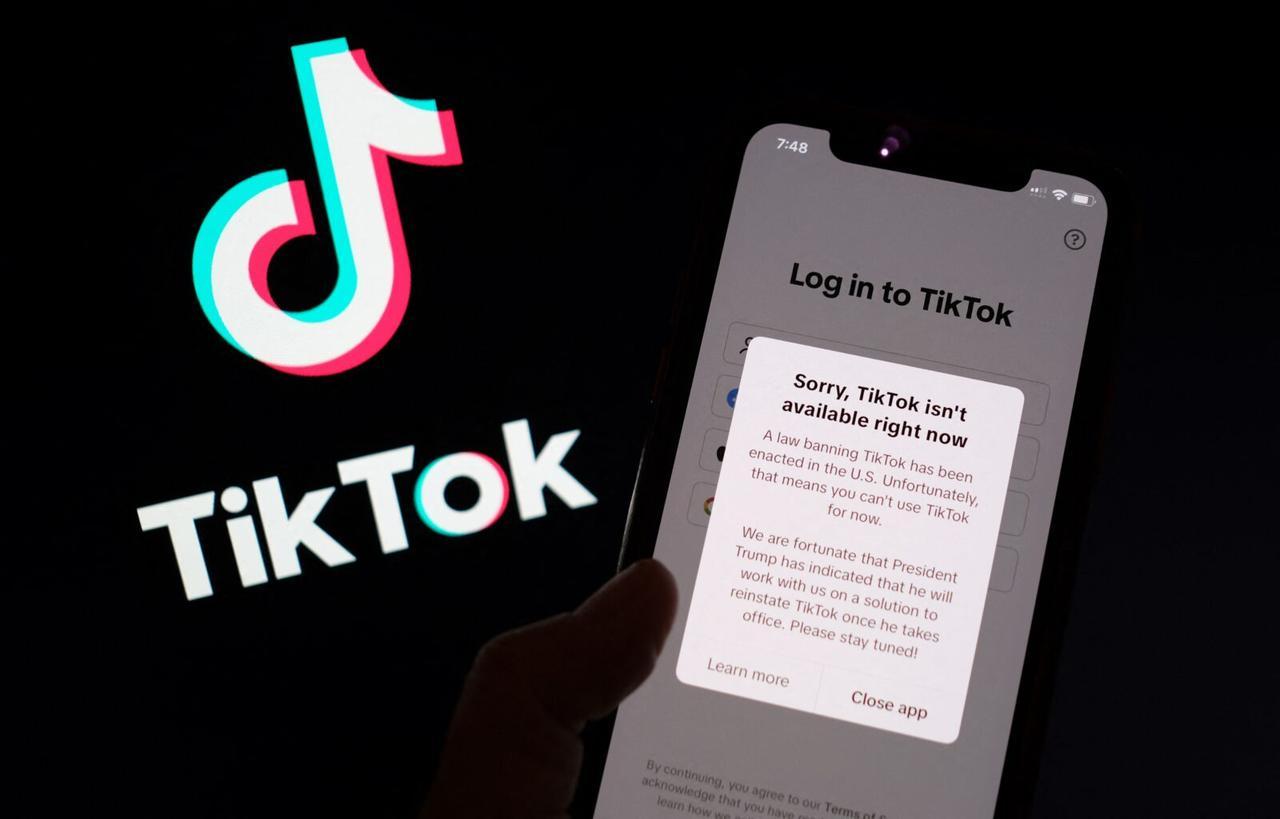
The EU has formally accused TikTok of breaking the Digital Services Act (DSA), saying the platform lacks transparency in how it handles advertising. According to the European Commission, TikTok fails to clearly show who sees the ads, what they promote, and who pays for them.
This is the first time Brussels has singled out TikTok under the DSA, a major EU law aimed at holding tech giants accountable.
“TikTok’s ad system doesn’t meet key DSA requirements, blocking full oversight of its risks,” said the EU’s digital chief, Henna Virkkunen.
Under the DSA, large tech platforms must set up an ad library that researchers and watchdogs can use to track down scams and misinformation.
If companies fall short, the EU can fine them up to 6% of their annual global revenue.

TikTok is still under investigation over concerns it’s not doing enough to protect young users. Officials are especially worried about the “rabbit hole” effect, where algorithms push users toward more extreme or harmful content.
TikTok has a chance to review the charges and respond in writing.
The EU also investigated TikTok last year for allegedly helping spread Russian influence in Romania’s election and for issues linked to its Lite app.
After pressure from regulators, TikTok pulled a controversial feature from the Lite version in France and Spain.
EU countries like Belgium and France have recently flagged concerns about TikTok trends such as “SkinnyTok,” which promotes extreme thinness. TikTok claims it doesn’t allow content that encourages harmful eating or weight-loss behavior.
The DSA places tougher rules on the biggest platforms and pushes them to crack down on illegal content, harmful trends, and disinformation. TikTok isn’t the only one under the spotlight—in 2024, the EU also accused X (formerly Twitter) of breaking DSA rules related to verified accounts and misinformation.